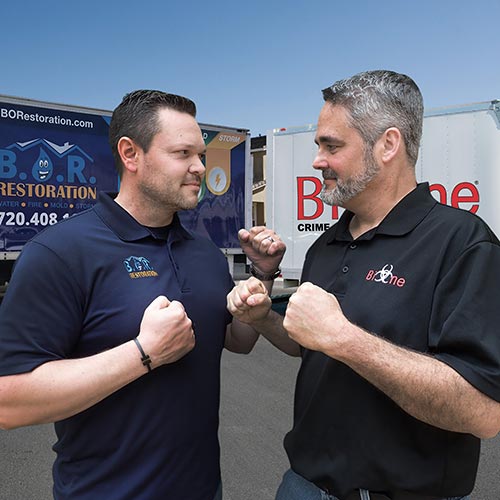Special Legal Considerations for Home Services Franchisees

Special Legal Considerations for Home Services Franchisees
By Jonathan Barber
If you plan to operate a home-services franchise, you’ve got some “legal-ish” things to look into. Cleaning, decorating, landscaping, moving and storing, renovating, repairing, and restoration franchisees work in and on customers’ homes, which probably means that specific insurance policies and state licenses will be necessary.
Getting these requirements squared away—as well as hiring trustworthy employees—can take a lot of time and money, which could affect your choice of franchise. Following are some areas you should examine in detail from the very beginning of your decision-making process.
Licensing Requirements
Does your state require a license to perform the tasks involved with a particular franchise? For example, state laws for general contractors vary widely. In some states, anyone who performs work costing a certain amount or more is considered a general contractor and must be licensed to perform that work. If you aren’t licensed, you could face serious consequences, including fines.
The first step in navigating this issue is to ask the franchisor what licensing is required for this particular business. The second step is to look into your state’s licensing requirements. If reading statutes isn’t your thing, find a local attorney who can give you some guidance on whether you need to be licensed. If licensing is required, you should factor the cost of acquiring it and the time involved into your franchise decision. You won’t be making money while you’re waiting on a license.
Insurance Requirements
States also may require certain types and amounts of insurance. Your franchise disclosure document should outline the franchisor’s insurance requirements. The franchise agreement should explain the insurance requirements in further detail.
You should speak with an independent insurance broker in your state to find out whether your state requires additional insurance — beyond what the franchisor specifies—for the type of business you’ll operate.
Employment Contracts
Today, most franchisors will not provide you with sample employment contracts because they try to avoid what’s called “joint-employer liability.” In other words, they don’t want to be considered an employer of your employees so they stay out of your hiring process as much as possible.
Make sure that your employment contracts are buttoned up because liability increases when your employees work at your customers’ homes. It’s best to follow the advice of a local attorney in getting your employment contracts in place.
You also should perform background checks on every employee. Obtain the employee’s written consent before performing a background check. Your customers and their property should be your No. 1 priority. One bad experience could really hurt your home-services franchise.
Choosing Your Franchise
The home-services market may seem to be so loaded with franchises that it’s difficult to select one. But great brands distinguish themselves from the competition by doing just one thing and doing it very well. So I suggest you consider a franchise that operates in a niche area with strong brand recognition and solid systems that are efficient and support you in every way. I’ve always said it’s better to be a Jack-of-one trade and master of it than to be a Jack-of-all-trades and master of none. (That’s why our firm handles only franchise law—no family law, real estate, estate planning, or criminal defense.) Doing one thing, and doing it well, is a terrific formula for success.
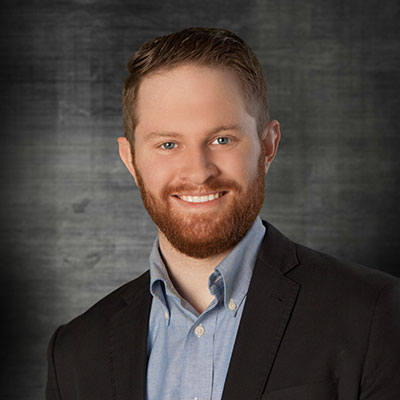 Jonathan Barber exclusively practices franchise law as a partner at Barber Power Law Group, in Charlotte, North Carolina. He has assisted hundreds of clients world-wide with their FDDs and franchise purchases. Barber also represents emerging and established franchisors. Contact Barber at 980-202-5679 or jonathan@franchise.law
Jonathan Barber exclusively practices franchise law as a partner at Barber Power Law Group, in Charlotte, North Carolina. He has assisted hundreds of clients world-wide with their FDDs and franchise purchases. Barber also represents emerging and established franchisors. Contact Barber at 980-202-5679 or jonathan@franchise.law




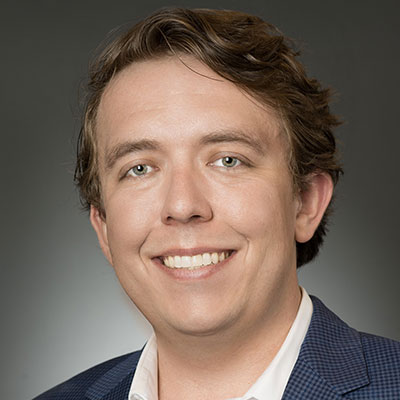 Want to learn more about financing options for your franchise? FranFund designs smart all-in-one funding plans that grow with your franchise and set you up for long-term success. We are here to help if you are considering leaving your current job to start a new venture or if you are looking to expand your existing operation. Get started today at
Want to learn more about financing options for your franchise? FranFund designs smart all-in-one funding plans that grow with your franchise and set you up for long-term success. We are here to help if you are considering leaving your current job to start a new venture or if you are looking to expand your existing operation. Get started today at 
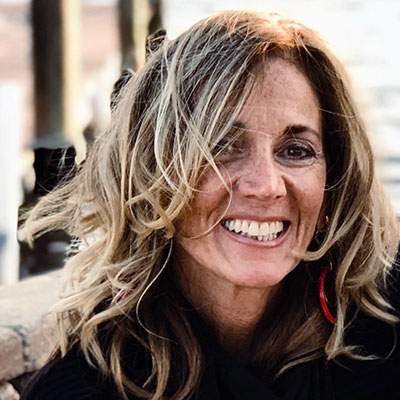 Diana Capirano, CFC, has an expansive career that includes corporate and franchise sales and development, marketing and operations, mergers and acquisitions, structuring and negotiations, and business ownership. As a highly respected consultant and mentor, Diana espouses a profound commitment to help prospective business owners and investors understand and navigate the process of deciding on a franchise business. Contact Diana at 941- 999-0095, email
Diana Capirano, CFC, has an expansive career that includes corporate and franchise sales and development, marketing and operations, mergers and acquisitions, structuring and negotiations, and business ownership. As a highly respected consultant and mentor, Diana espouses a profound commitment to help prospective business owners and investors understand and navigate the process of deciding on a franchise business. Contact Diana at 941- 999-0095, email 

 Geoff Batchelder has been a franchise consultant and franchise development expert for the last 10 years after spending 25 years focusing on business development in the high-tech industry. Contact him at 1-877-222-3722 or
Geoff Batchelder has been a franchise consultant and franchise development expert for the last 10 years after spending 25 years focusing on business development in the high-tech industry. Contact him at 1-877-222-3722 or 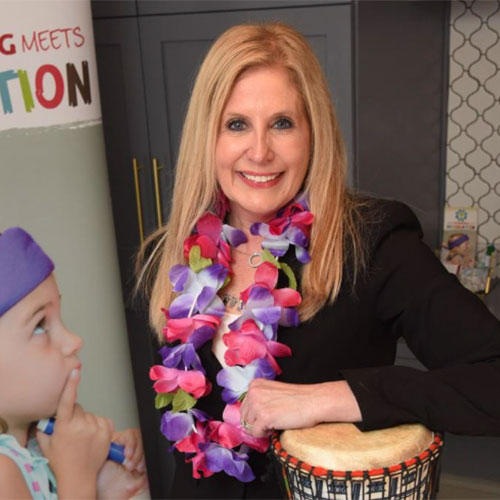
 Franchisees can customize their offerings by using the hundreds of themed lessons to run after-school enrichment classes, camps, birthday parties, scouting events, and even senior programs. “Our franchisees have a lot of creative freedom, which is something you don’t get in most franchise systems,” Estroff says.
Franchisees can customize their offerings by using the hundreds of themed lessons to run after-school enrichment classes, camps, birthday parties, scouting events, and even senior programs. “Our franchisees have a lot of creative freedom, which is something you don’t get in most franchise systems,” Estroff says.
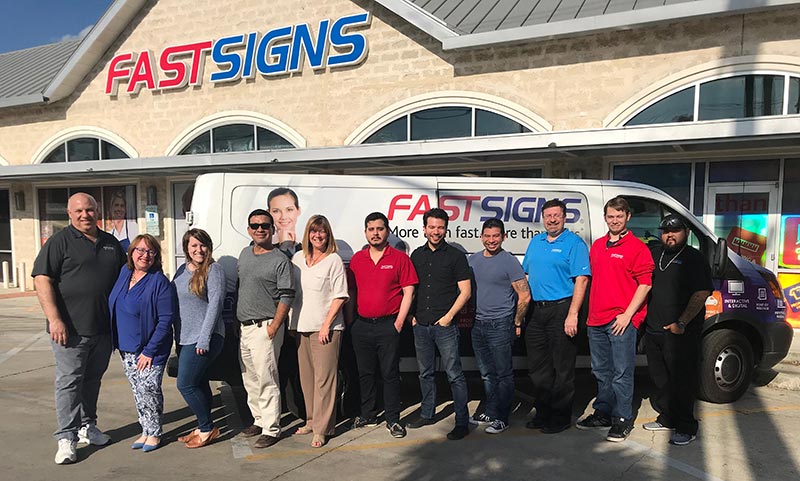 The Drilecks love that they can customize the business to their market and to their strengths as business owners. “We can add on services as we wish, but don’t have to offer everything FASTSIGNS produces,” Chuck says. “We are able to scale the business at our own pace.” In fact, the Drilecks plan to open another location and will bring their daughter on board to help.
The Drilecks love that they can customize the business to their market and to their strengths as business owners. “We can add on services as we wish, but don’t have to offer everything FASTSIGNS produces,” Chuck says. “We are able to scale the business at our own pace.” In fact, the Drilecks plan to open another location and will bring their daughter on board to help.